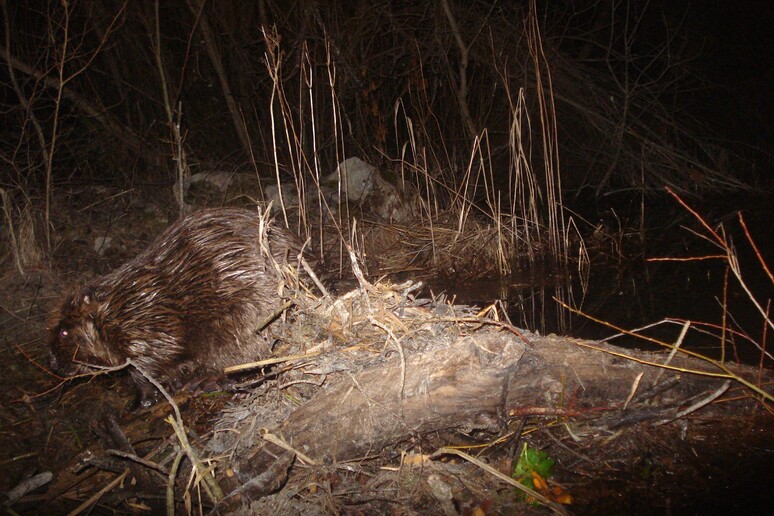The humble beaver is back in Italy
after 500 years of absence due to overhunting and destruction of
its habitat, according to researchers in Florence and Milan.
Recolonization started in Austria and is spreading into the
northeastern Italian regions of Trentino-Alto Adige and Friuli
Venezia Giulia, according to a study from Milan University and
the Institute for Research on Terrestrial Ecosystems of the
National Research Council (CNR) in Florence, published in Animal
Conservation.
However, researchers say there are also new populations of the
large, semi-aquatic rodent developing in regions further south
following unauthorised reintroductions in central Italy.
"Large parts of Italy are suitable for the stabilisation of the
beaver population, and while northern populations seem to be
more isolated, in central Italy we have found a greater
potential for expansion," said lead researcher Mattia Falaschi
of Milan University.
The presence of beavers can reduce hydraulic risk by mitigating
the intensity of flood events.
However, it can also cause damage to crops and infrastructure
such as artificial canals, roads and bridges, leading to
human-wildlife conflict.
This, says Falaschi, is a risk especially in Trentino, Tuscany,
Umbria and the Marche.
Special monitoring will be required in these areas alongside
preventive measures such as fencing and draining of wetland
areas where beaver colonies could present a threat to
infrastructure.
ALL RIGHTS RESERVED © Copyright ANSA











